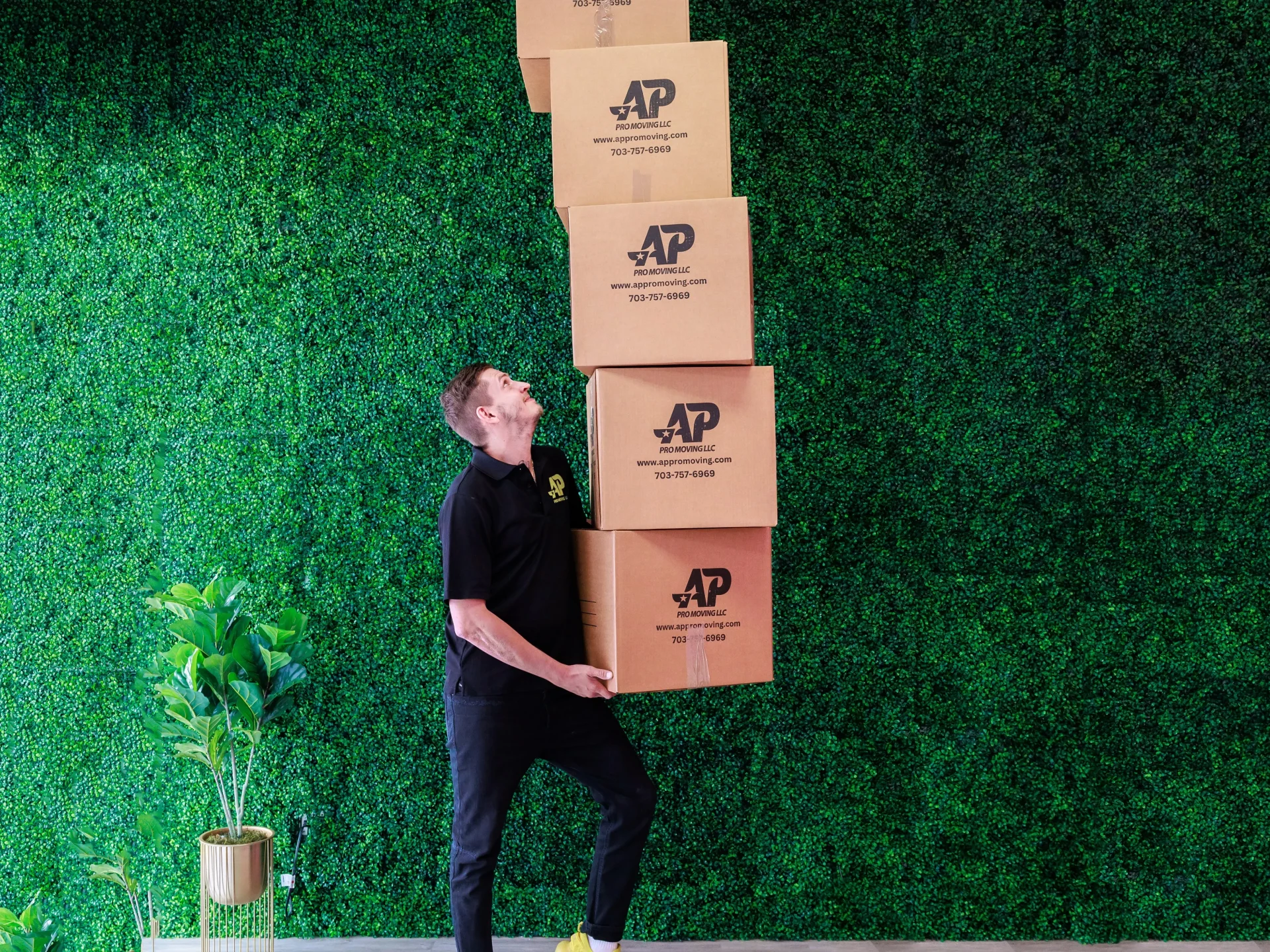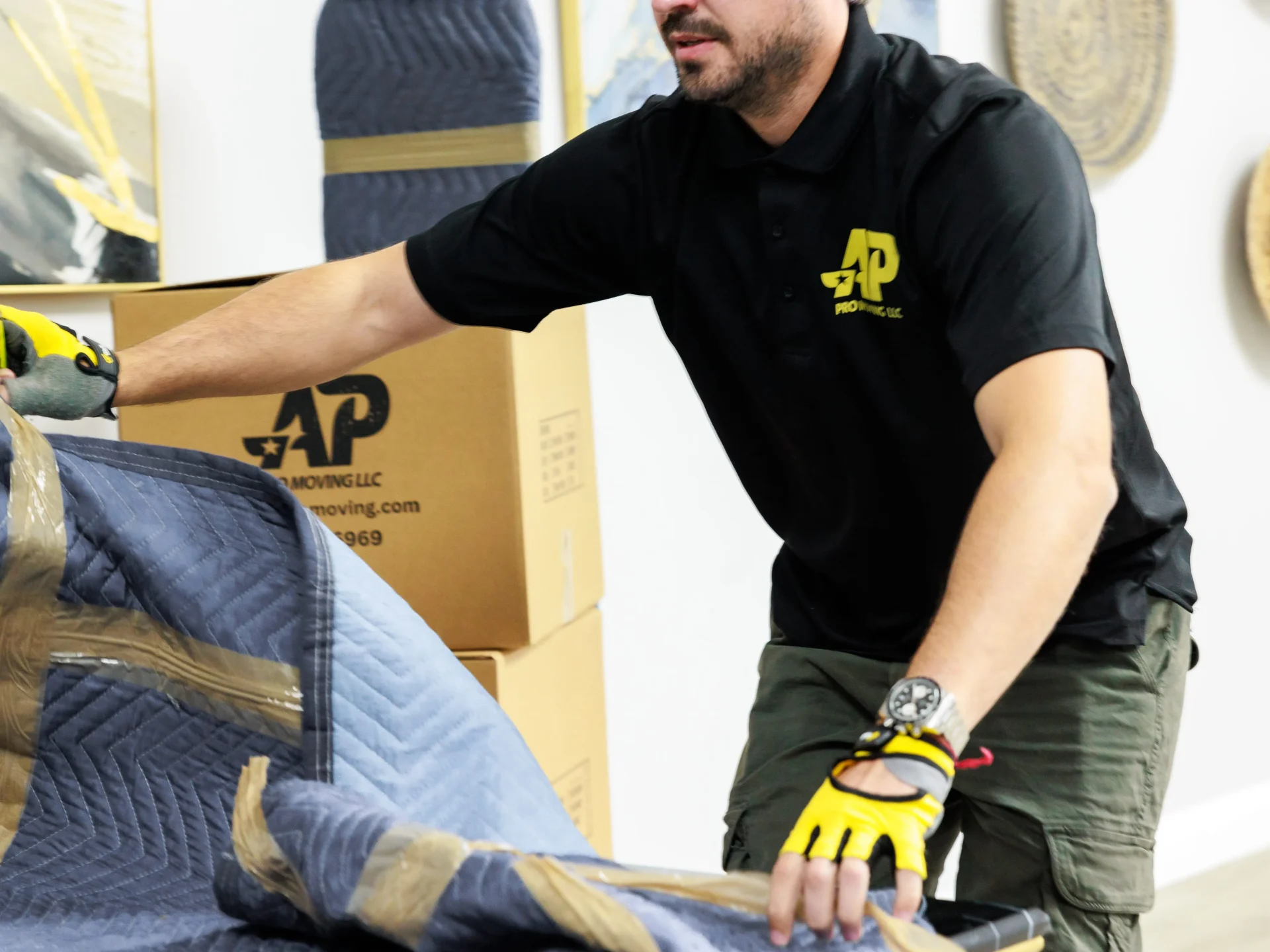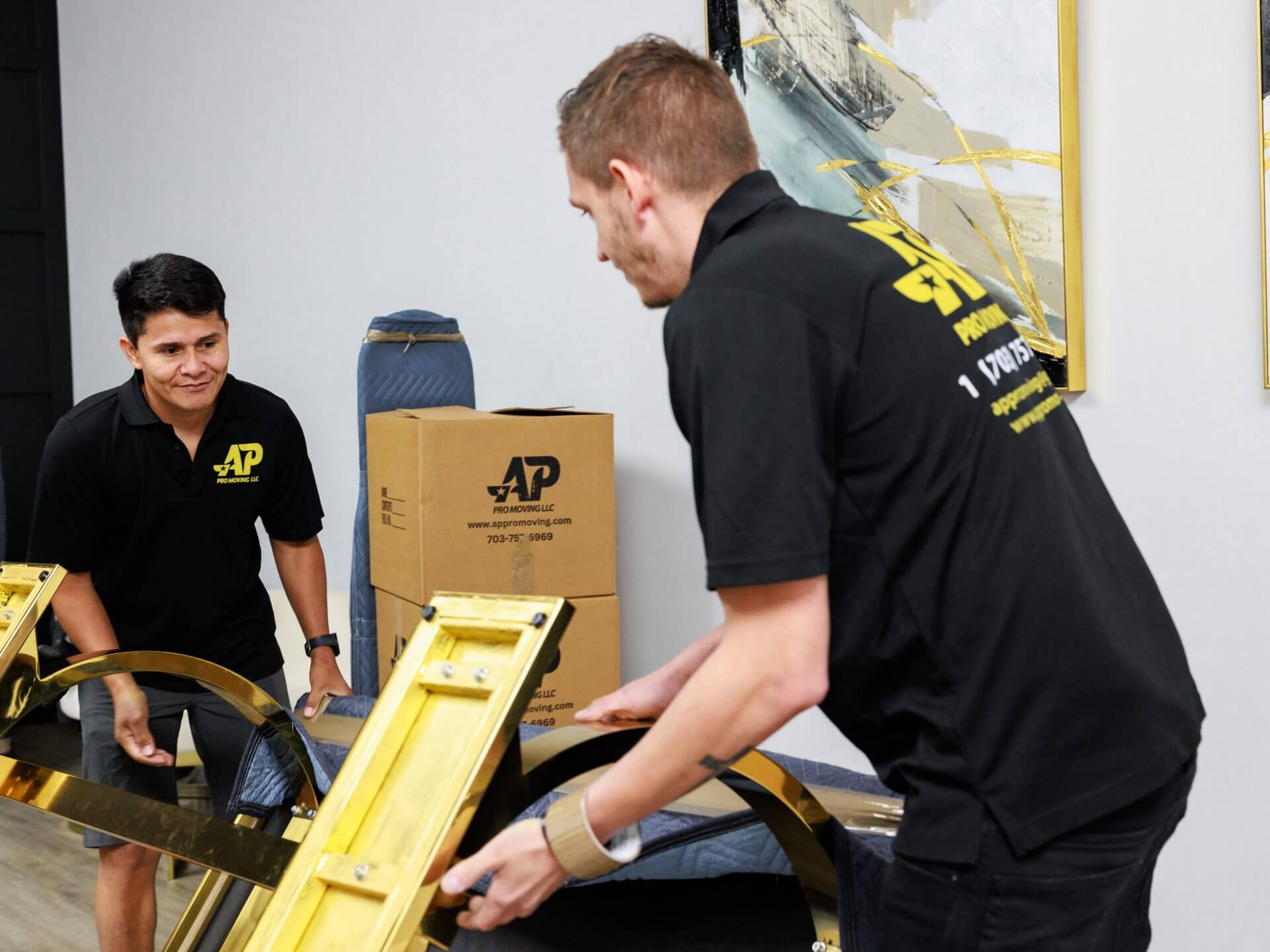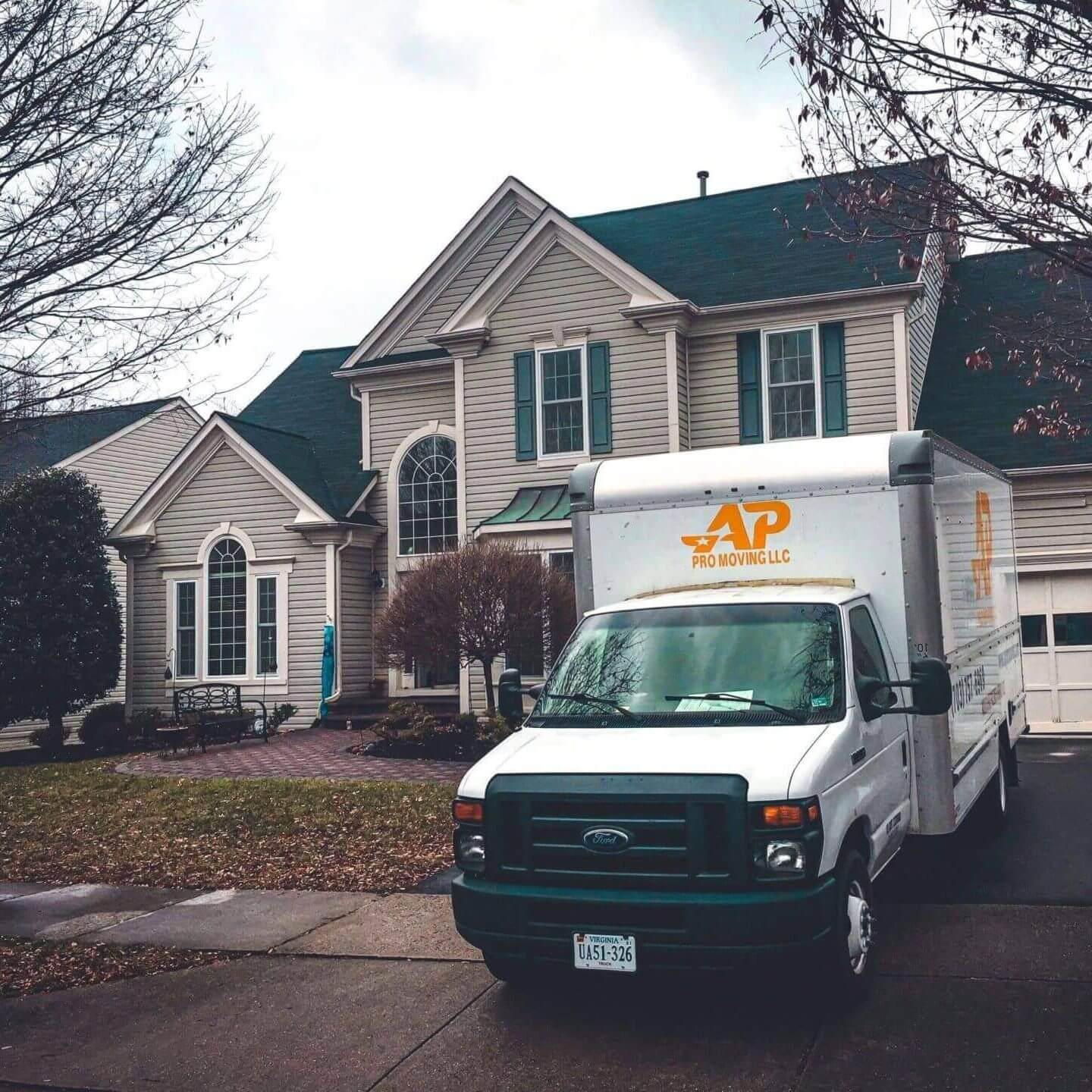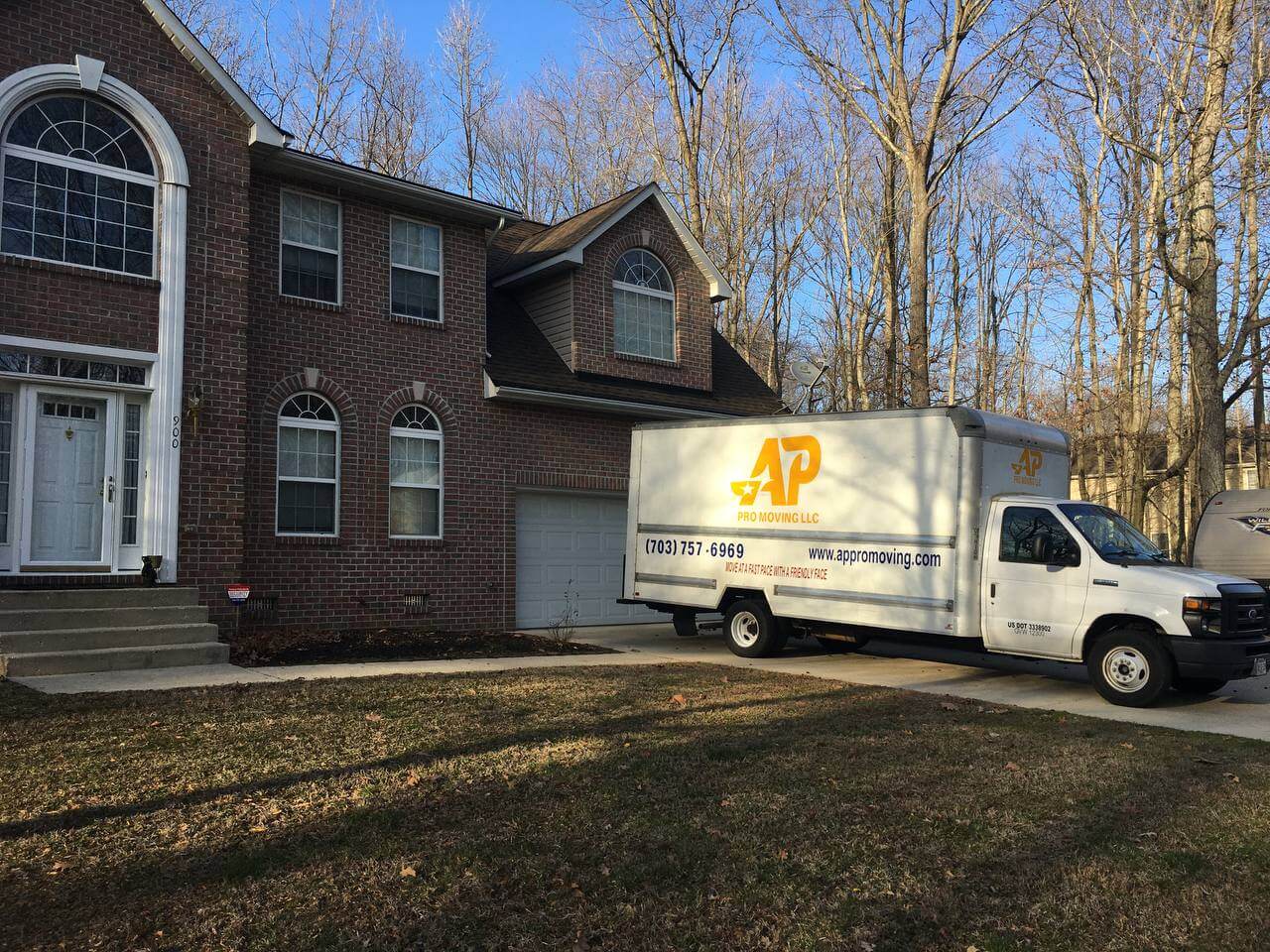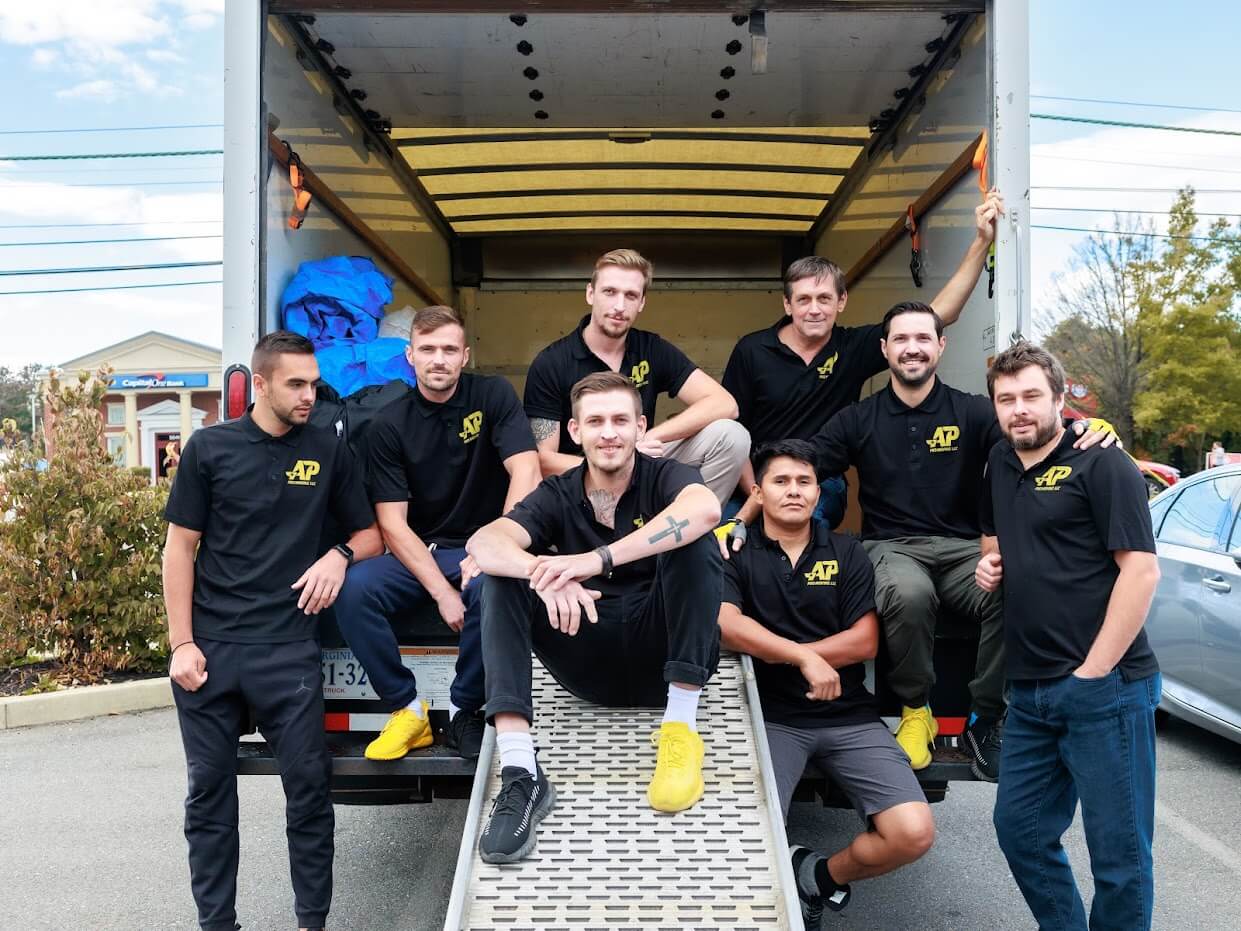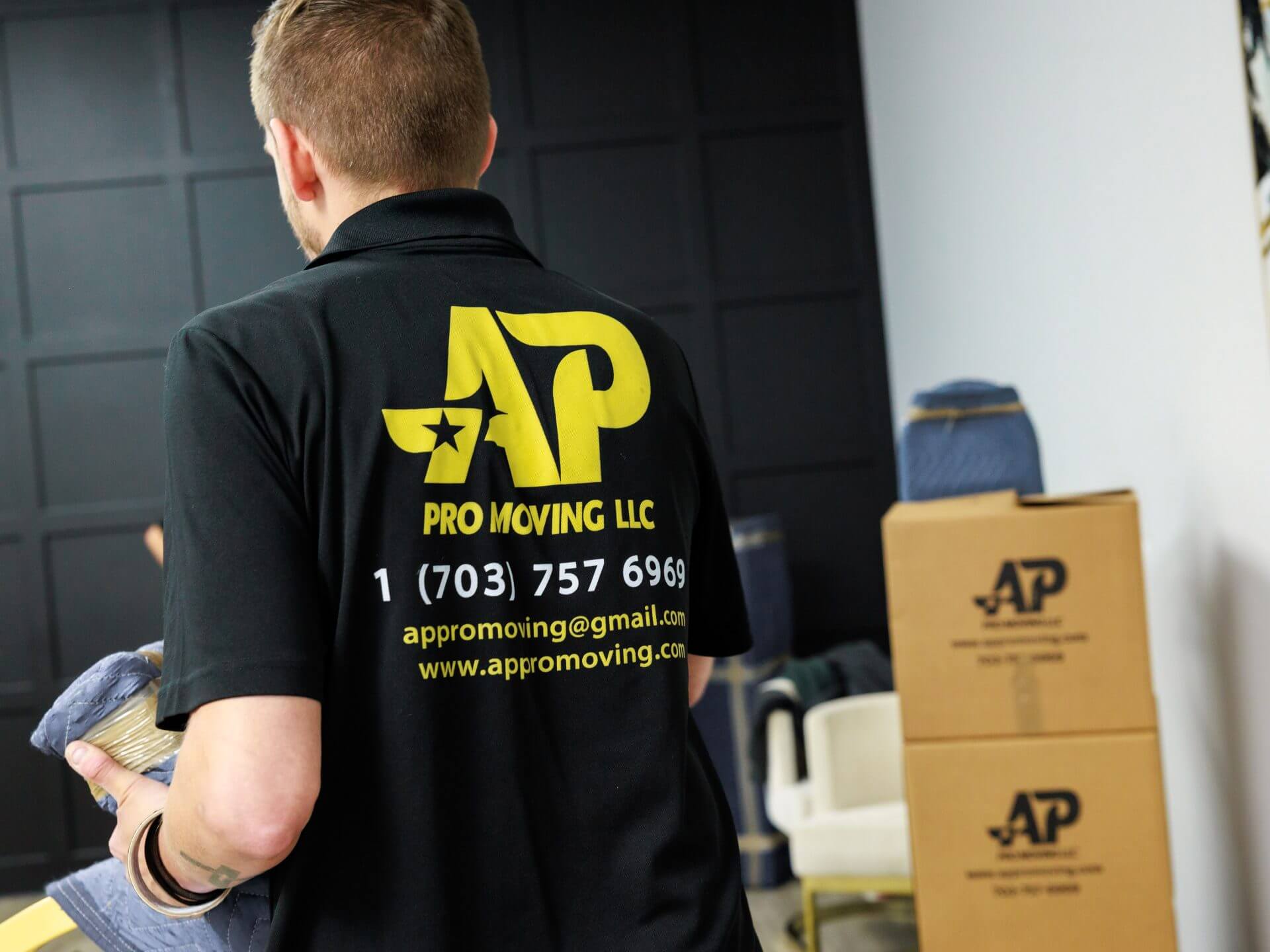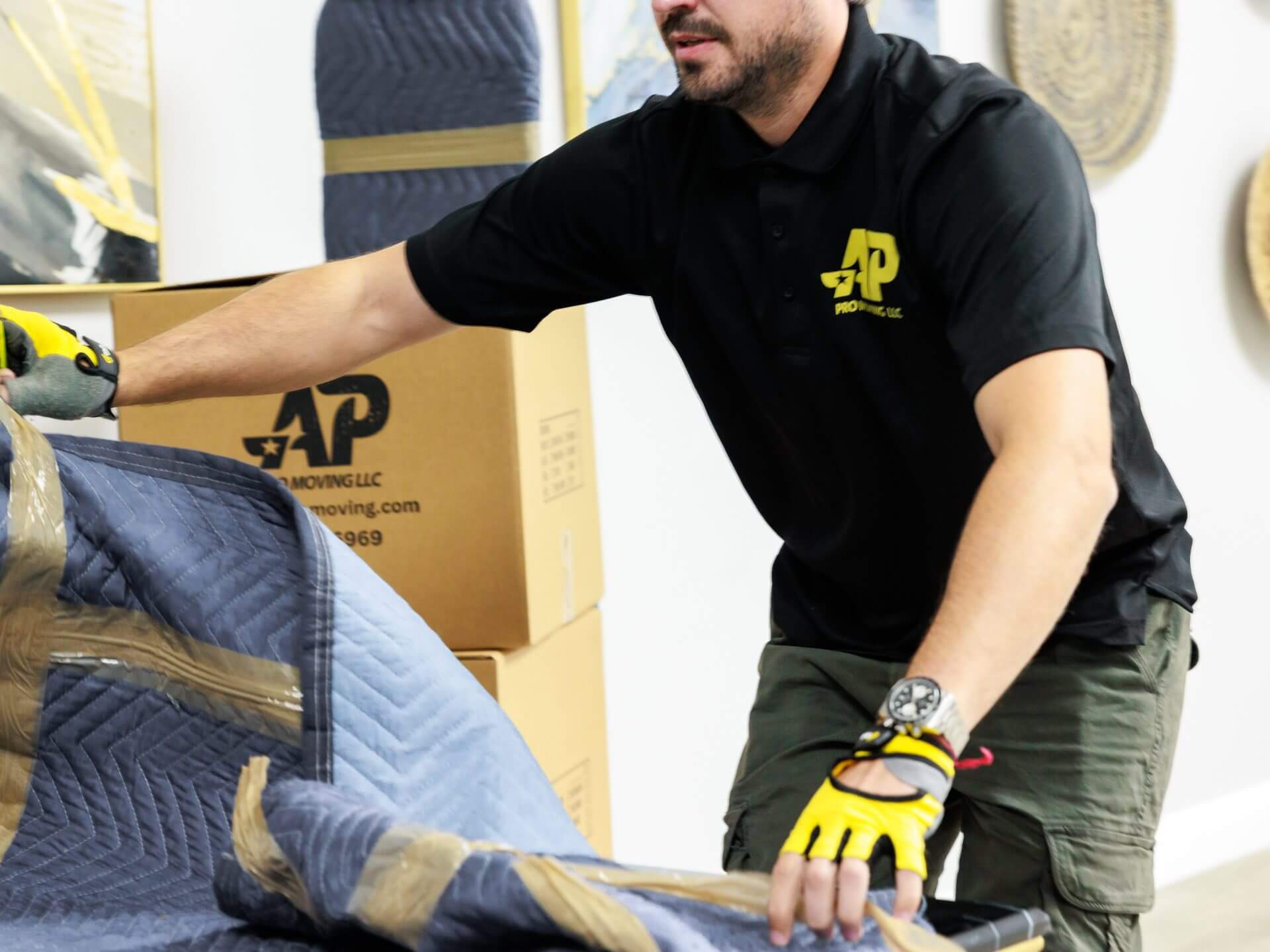Whether it’s a last-minute call, a way to test the waters before committing to a single decision or your house not being quite finished yet – you’re looking for a temporary home. If you’re moving to Washington DC or are in the middle of a long-distance move, you’ll find that the rent, much like the property values, can get genuinely astronomical. That is especially true if you move into Washington itself, instead of the suburbs. Additionally, typical leases have a minimum effective duration of at least 6 months to a year, making finding a temporary variant much more challenging. Nonetheless, it is possible to find a solution to this puzzle, and here’s how:
1) Explore ALL the options available to you
Most often, when looking for temporary housing in Washington DC, it’s not that there are no places at all free to rent – it’s that there’s too many and none are ideal. Here are a few types:
- short term rentals – the more concise the lease, the higher your rent;
- sublets – taking over an existing contract from a current tenant;
- housing platforms – sites like Airbnb or Homeaway offer options for a longer-term, as well;
- online solutions – Facebook groups and Craigslist are a great help;
- extended stay hotels – prices vary depending on the hotel chain and length of stay.
2) Consult the experts
If you’re looking for a place to stay anywhere, it’s easiest if you can get the consultation of an apartment broker. An apartment broker is typically paid by the property managers, so their services are free, and they can offer up all the pertinent details to the housing situation. If you’re benefiting from a company offering Washington DC moving services, most offer temporary housing solutions for their clients during the move. Failing that, they will, at the very least, point you in the right direction.
3) Consider a roommate
If you’re moving by yourself and don’t mind the idea of sharing your living space with someone else – sites like Roomiematch can help you find a place and also cut costs at the same time. It’s a great idea if you’re new to the area, since this experience will also help you get to know the locale better. Sites like Roommates can help you look for other people trying to find a temporary roommate, directly in the DC area.
4) Stash your items away
If you’re currently relocating with the help of local movers in Washington, DC, you may have a lot of belongings with you and no good idea where to put them. Most moving companies will offer temporary storage solutions, for such specific scenarios. It’s much easier to be on the lookout for housing opportunities when you don’t have to worry about where you’re going to store all of your baggage.
5) Experiment with logistics
If you’re shortly going to be moving locally from one temporary place to another, it’s worth considering the prospect of a van rental in Washington DC. Local moves tend to be easier to manage by yourself, so you can cut your costs and put them toward renting a better house further on.

6) Look out for different opportunities
If you don’t mind a bit of busywork, care taking presents itself as a great opportunity to either get paid to or live for free in someone else’s lodging. It’s reasonably difficult to find such a position on its own, let alone for a specific period, but it’s worth a try.
Hopefully, these tips have helped you well. Remember the advice of this article if you’re ever looking for Washington DC movers that can supply you with plentiful accommodations. In case you need temporary housing, you know where to find us.

















